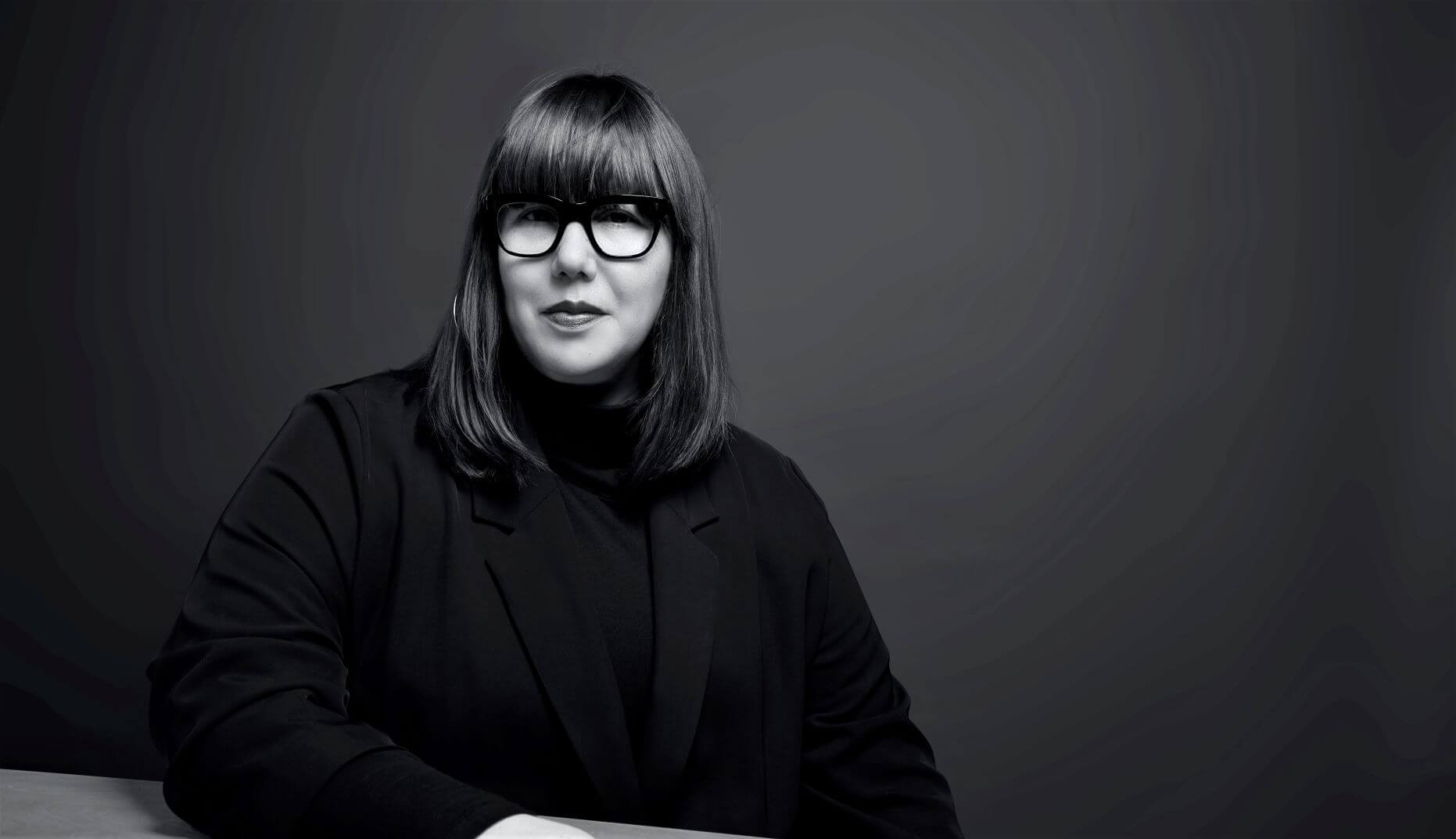Bumble shows women making the first move is worth billions, so why does the business world continue to swipe left on female founders?
When Women Make The First Move, It’s Worth Billions
Bumble shows women making the first move is worth billions, so why does the business world continue to swipe left on female founders?

Bumble, the dating app where women make the first move, has gone public. Bumble set its IPO range for more than $2bn and, by Valentine’s Day, Bumble’s enterprise value will come in around $13bn.
The IPO will be monumental as, at the age of 31, its founder Whitney Wolfe Heard is the youngest woman founder or CEO to lead an IPO. Wolfe will also be one of a tiny fraction of women to take their company public (women led 1% of the 442 companies that launched an IPO in 2020).
Why is this, when we know women making the first move is worth billions?
There are many dating sites for free and applications out there but Bumble is more than a dating app. It’s a company (previously known as MagicLab) and its unapologetic female-first approach to its marketing and product has set it apart. Not only is Bumble a first mover, it is setting up a movement of women to do the same.
A study last year by the S&P Global Market Intelligence revealed companies with female CEOs or CFOs saw improved momentum in their stock prices as they were perceived as less risky.
Yet women, particularly women of colour, are getting left-swiped now more than ever. With the arrival of the pandemic we’ve seen the myth of remote work as a hindrance debunked, which should have been a win for working mothers. But in December there were 140,000 job cuts in the US – and all of those jobs were held by women.
Female-founder teams represent around 2% of investment, and companies with at least one female founder made up 20.3% of venture capital deals in 2019, according to research from AllRaise.
As anyone who’s ever been on Bumble will tell you, just because you make the first move doesn’t mean you’ll find your match. Wolfe Heard is not the billion-dollar exception, she is the little seen rule. When women get a chance to win in business, they do.
Female-founded start-ups are a better bet than their male-led counterparts, according to BCG research which found that, for every dollar of funding, women-led startups generated 78 cents, whereas their male-led equivalents generated 31 cents. Yet companies with male founders still get around 98% of funding.
When I created Innovation & Partnerships at Hyundai Motor Group’s Innocean, I focused on setting financial goals for myself to build a team and propel Innovation’s mission in the organisation and I surprised everyone by turning in revenue year one and redefining Innovation from slush fund to growth vertical in the industry.
Innovation was no longer a shiny object of puns and podcasting, but an area of YOY growth in an industry that requires it.
When a woman succeeds in business, people tend to make a number of assumptions about them. These include:
*Females are held to higher standards: The S&P study mentions boards set greater expectations for CEOs and CFOs then the men who held the roles before them. In turn, they outperform.
*Female candidates are more qualified than than male candidates, as the limited amount of opportunity for women in the C-Suite has created a richer pool of talent in the women who get through.
*High achieving women are ‘bitches’: There is no male equivalent for the word bitch, women get it all to themselves, making the very use of the term sexist.
I’ve heard all three of these assumptions made about myself, Wolfe Heard and pretty much every successful woman I’ve worked with. Wolfe Heard, who was also a co-founder of Tinder, navigated her way to founding two billion-dollar businesses and did so despite the failings of the men around her in business.
Wolfe Heard, who was was on the founding team of Tinder, also served as its VP of marketing and is credited with naming the app Tinder. Yet, she ended up leaving Tinder due to “disagreements” with her peers and sued them for sexual harassment (they settled).
When she founded Bumble, Andrey Andreev became an investor and later CEO at MagicLab, which then owned Bumble, Badoo, Chappy and others.
When Andrey Andreev exited following an explosive Forbes report detailing misogyny and sexism at Badoo, Wolfe Heard became CEO of the company renaming it all Bumble. Wolfe Heard not only makes the first move, but she has done so in spite of her male counterparts making a litany of bad moves.
Each move is yours to make whether you’re a CEO, a startup founder, a lorry driver or a desk worker. When women are given the opportunity, they deliver a better return than their male counterparts.
The Covid-19 pandemic has created a clean slate for not only the future of how we work and where we work, but who works. Hiring is ramping up globally as the vaccine rollout continues, and post-Covid possibilities are beginning to take shape.
The business world has been presented with an opportunity to create an equitable workforce across gender, race, sexuality, and class.
Your move.
Mordecai is a Global Innovation Leader, Adwoman and Activist
Thanks for signing up to Minutehack alerts.
Brilliant editorials heading your way soon.
Okay, Thanks!

